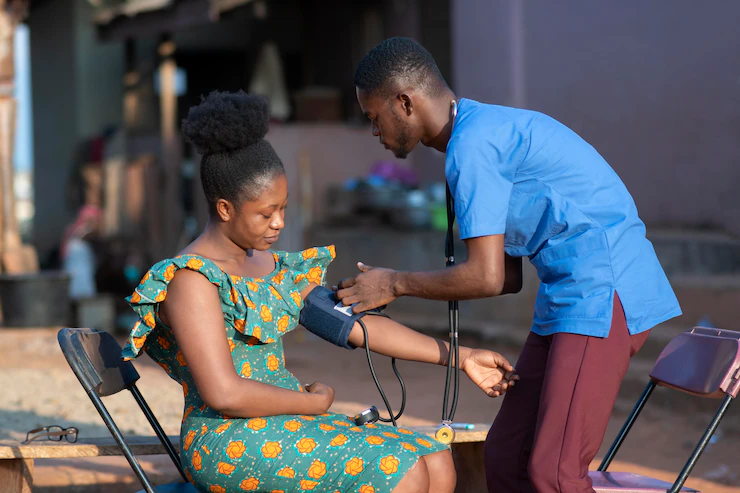Introduction
Maternal health services are crucial in ensuring the well-being of pregnant women and promoting positive birth outcomes. However, in South African informal settlements, where access to healthcare resources is limited, pregnant women face unique challenges that require targeted interventions. This article explores the importance of providing tailored maternal health services in South African informal settlements and highlights initiatives aimed at meeting the unique needs of women in these communities.
Challenges in Maternal Health in Informal Settlements
Informal settlements in South Africa are characterized by inadequate infrastructure, poor sanitation, overcrowding, and limited access to essential services, including healthcare. These challenging living conditions create additional obstacles for pregnant women, making it difficult for them to access quality maternal health services. Some of the key challenges include:
- Limited Healthcare Facilities: Informal settlements often lack well-equipped healthcare facilities nearby, forcing pregnant women to travel long distances to access antenatal care, delivery services, and postnatal care. This travel burden can be particularly challenging for women with limited financial resources or mobility.
- Inadequate Sanitation and Hygiene: Poor sanitation and hygiene practices in informal settlements increase the risk of infections during pregnancy and childbirth. The lack of clean water, sanitation facilities, and proper waste management further exacerbate the vulnerability of pregnant women and can lead to preventable health complications.
- Lack of Awareness and Education: Many women in informal settlements have limited access to health information and may not be aware of the importance of antenatal care, nutrition, and safe delivery practices. This lack of awareness can result in delayed or inadequate care, posing risks to both maternal and infant health.
- Socio-economic Factors: Poverty, unemployment, and limited education are prevalent in informal settlements. These socio-economic factors contribute to poor health outcomes for pregnant women, as they may struggle to afford transportation costs, nutritious food, and essential healthcare supplies.
Meeting the Unique Needs of Pregnant Women
Recognizing the specific challenges faced by pregnant women in informal settlements, several initiatives are working to provide tailored maternal health services and address these needs effectively:
- Mobile Clinics: Mobile clinics are an innovative approach to bringing healthcare services directly to informal settlements. These clinics offer antenatal care, immunizations, family planning services, and health education to pregnant women in their communities. By eliminating the need for long-distance travel, mobile clinics increase access to care and promote early intervention.
- Community Health Workers: Trained community health workers play a vital role in bridging the gap between pregnant women and healthcare services. They provide education on maternal health, conduct home visits, facilitate referrals, and offer support and counseling. Their presence within the community helps build trust, improve health literacy, and ensure continuity of care.
- Public-Private Partnerships: Collaborations between government entities, non-governmental organizations (NGOs), and private sector stakeholders are crucial for improving maternal health in informal settlements. These partnerships can enhance the availability of healthcare facilities, invest in infrastructure development, and facilitate the provision of essential services and resources.
- Health Education and Awareness Programs: Empowering pregnant women with knowledge about antenatal care, nutrition, hygiene practices, and birth preparedness is essential. Health education programs conducted within informal settlements can raise awareness, promote positive health behaviors, and encourage early utilization of maternal health services.
Conclusion
Addressing the unique needs of pregnant women in South African informal settlements requires targeted interventions that consider the challenging living conditions and limited access to healthcare resources. By implementing initiatives such as mobile clinics, community health workers, public-private partnerships, and health education programs, maternal health services can be brought closer to the communities that need them the most. Ensuring equitable access to quality care in informal settlements will contribute to improving maternal and infant health outcomes, reducing disparities, and building healthier communities overall. It is vital for stakeholders to collaborate and invest in sustainable solutions that prioritize the well-being of pregnant women in South African informal settlements.










